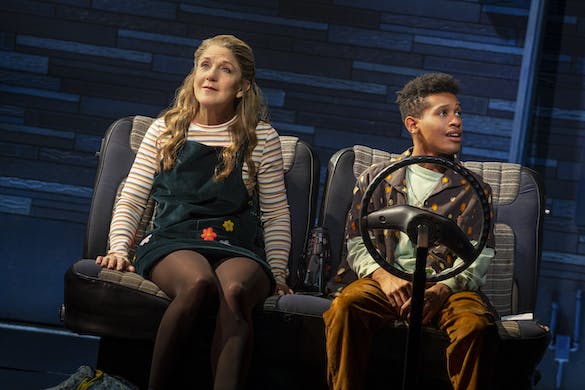
Could the Supreme Court’s Tariff Decision Be Applied to the Fed?
By THE NEW YORK SUN
|While the plight of a 16-year-old suffering from a disorder that causes her to physically age much too quickly would hardly seem like fodder for musical comedy, joy ultimately wins the day in David Lindsay-Abaire’s adaptation of his play.

Already have a subscription? Sign in to continue reading

By THE NEW YORK SUN
|
By GEORGE WILLIS
|
By CARL ROLLYSON
|$0.01/day for 60 days
Cancel anytime
By continuing you agree to our Privacy Policy and Terms of Service.